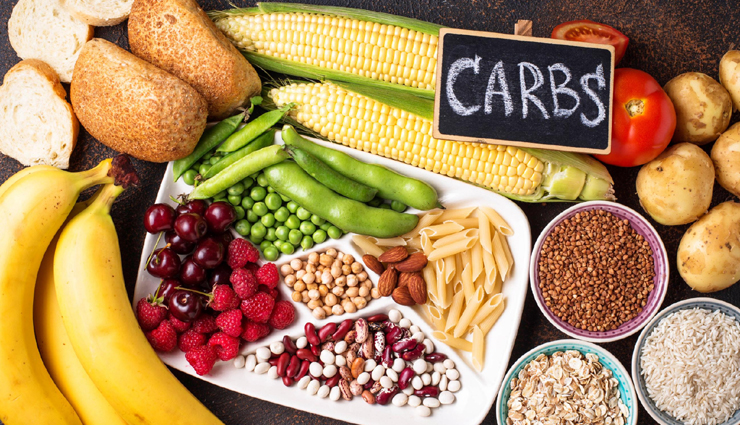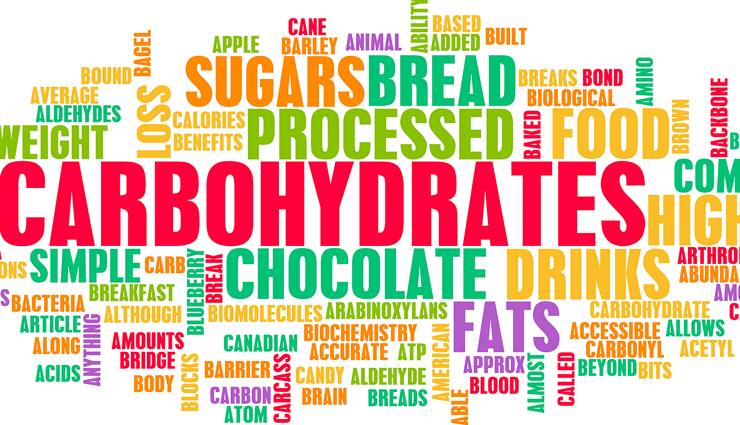- Home›
- Healthy Living›
- 6 Surprising Facts About Carbohydrates
6 Surprising Facts About Carbohydrates
By: Priyanka Maheshwari Sun, 25 Oct 2020 5:26:23

Carbohydrates! Carbohydrates ! Brain-fueling building block or fat-building boogeyman? Friend of athletes or enemy of Paleo-dieters? To eat or not to eat, and if to eat, how much? There are so many questions swirling around the concept of carbohydrates. With so many popular diets focusing on elimination or cutting of carbs, it’s easy to view them as an undesirable, if not dangerous, presence in your food.
I have been learning my fair share about this one of the three “macronutrients” required for human life (the other two are protein and fats). I won’t say you should go out and carb-load yourself into oblivion, but, you know, they’re kind of essential to you continuing to live.
Regardless of how you incorporate carbohydrates into your diet, they are a fascinating supporter of the body’s many functions. So for your information, here are just a few of the surprising things I’ve learned recently about them and why they are so critical :

* The brain is the only carbohydrate-dependent organ in the body. The brain exclusively uses glucose, a basic simple sugar carbohydrate, to function. And since your brain cells need twice the energy of any other cells in your body, give the man some dang glucose!
* Some animal products contain carbs. Thought you couldn’t consume any carbs from animal sources? Surprise! The lactose in milk and other dairy products is a disaccharide, which means it’s a sugar, which means it’s a carb.

* The name “carbohydrate” tells you what it contains. The chemical structure of carbohydrates is a carbon backbone with hydrogen and oxygen molecules attached. “Carbo” means carbon and “hydrate” means water–H20 (hydrogen and oxygen).
* Carbohydrates are the only fuel source metabolized fast enough to support hard exercise. For an active person, a low-carb diet would definitely not be a wise choice. With a limited supply of carbohydrates in the body, engaging in hard exercise will result in low energy, muscle fatigue, and even mental fog.

* Fiber is actually a carbohydrate–technically. While the body cannot digest fiber (and that’s why it passes through), it is technically a complex carbohydrate, since it’s typically made up of long chains of sugars. Unlike other carbs, it doesn’t provide energy to the body, but it still counts as one! Who knew?
* The dramatic weight loss at the outset of a low-carb diet is usually water weight. Your body stores carbs in glycogen in your muscles and liver. When your diet does not provide adequate carbohydrates, your body must call upon its reserves, meaning it releases the glycogen, which is bound up with a whole lotta water. As your body burns through the glycogen, the water is also released, meaning the initial “success” of a low-carb diet may not be what it seems.
Final word: Carbohydrates are the most important energy source for the body. Your body wants to use carbs. It stores them in reserves to make you use them, even if you stop feeding them to yourself. They are utterly essential to life and health, and they contain no more calories than any other macronutrient. In short, healthy sources of carbohydrate are your friend and in my humble opinion, should be embraced, not avoided.





